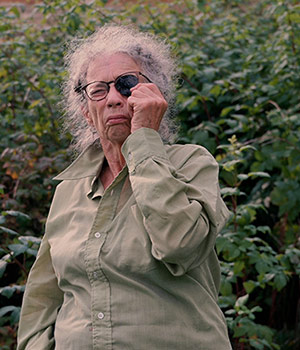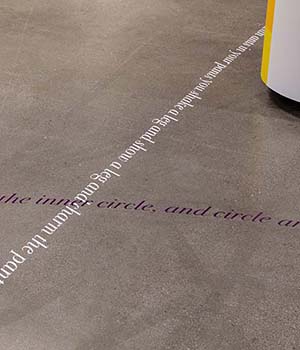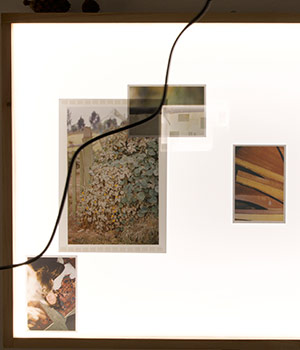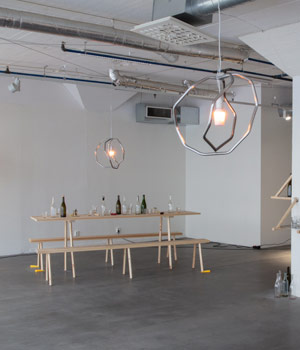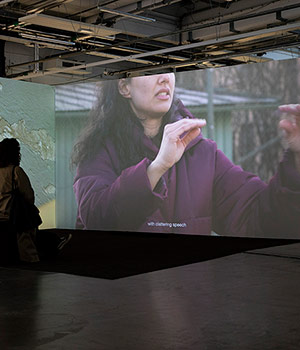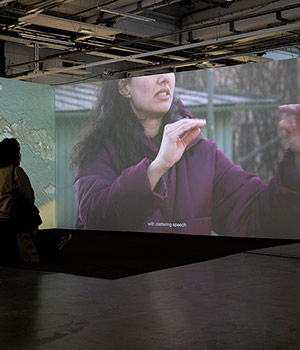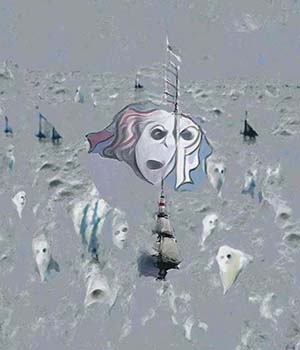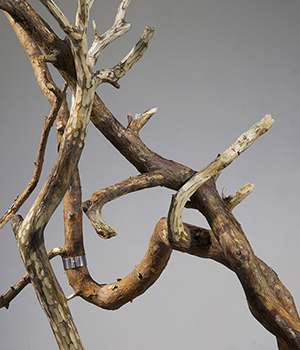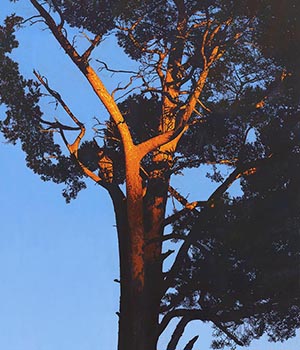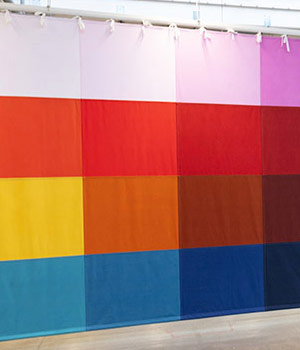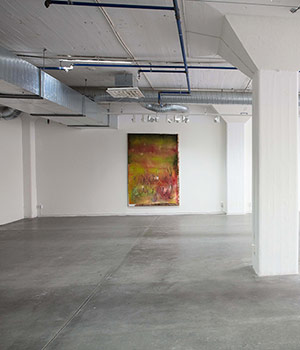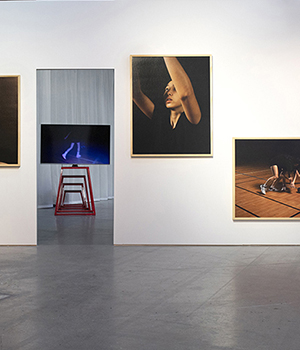In the present (western) world ruled by neoliberal and individualist interests, we often find ourselves torn between a longing for a more caring and sustainable environment and the opposing accelerating economic forces that is driving our society apart. As the art world is no exception to these substantial changes, it is easy to feel demoralised when confronted with the capitalist structures that fund and support only the major players in our field. In such a climate, studying art can feel hopeless, like betting against all odds to become one of the chosen. That being said, an institutional art education is not centred around fitting into this capitalist system, but instead about how to find one’s own expression, one´s own path which by exploring can offer a way to question our society from within.
To become an artist is not a mere individual and subjective endeavour, but something that happens in relation and conversation with peers, professors, tutors, mentors, and the setting within which the education takes place. For most of this year’s graduates, the pandemic has been a limiting factor and has deprived them of many of the social possibilities that an academic education otherwise would offer. Despite this, or maybe as a result of this, the graduating master’s students of 2022 seem to have built an outstanding community among themselves — a support system of care that undoubtably will serve them further outside of Konstfack as they navigate their way forward. As the curators of the students from the master’s programme in Fine Art, we have had the pleasure of engaging with all thirteen students on various levels. They have generously shared their work, as well as their community with us and they have let us be part of their journey. In their diverse and multilayered practices, we find artistic and social engagements that exceed the singular and individual and give us hope not only for art, but for society at large.
Take care of yourself,
Una Mathiesen Gjerde and Lina Louisa Kraemer, CuratorLab
In the present (western) world ruled by neoliberal and individualist interests, we often find ourselves torn between a longing for a more caring and sustainable environment and the opposing accelerating economic forces that is driving our society apart. As the art world is no exception to these substantial changes, it is easy to feel demoralised when confronted with the capitalist structures that fund and support only the major players in our field. In such a climate, studying art can feel hopeless, like betting against all odds to become one of the chosen. That being said, an institutional art education is not centred around fitting into this capitalist system, but instead about how to find one’s own expression, one´s own path which by exploring can offer a way to question our society from within.
To become an artist is not a mere individual and subjective endeavour, but something that happens in relation and conversation with peers, professors, tutors, mentors, and the setting within which the education takes place. For most of this year’s graduates, the pandemic has been a limiting factor and has deprived them of many of the social possibilities that an academic education otherwise would offer. Despite this, or maybe as a result of this, the graduating master’s students of 2022 seem to have built an outstanding community among themselves — a support system of care that undoubtably will serve them further outside of Konstfack as they navigate their way forward. As the curators of the students from the master’s programme in Fine Art, we have had the pleasure of engaging with all thirteen students on various levels. They have generously shared their work, as well as their community with us and they have let us be part of their journey. In their diverse and multilayered practices, we find artistic and social engagements that exceed the singular and individual and give us hope not only for art, but for society at large.
Take care of yourself,
Una Mathiesen Gjerde and Lina Louisa Kraemer, CuratorLab

